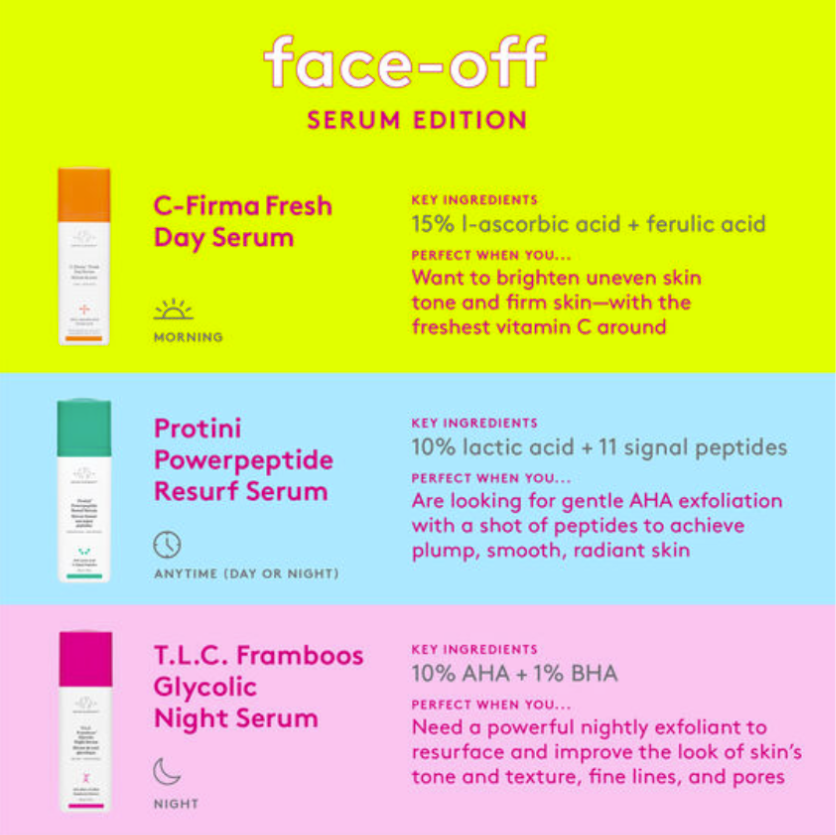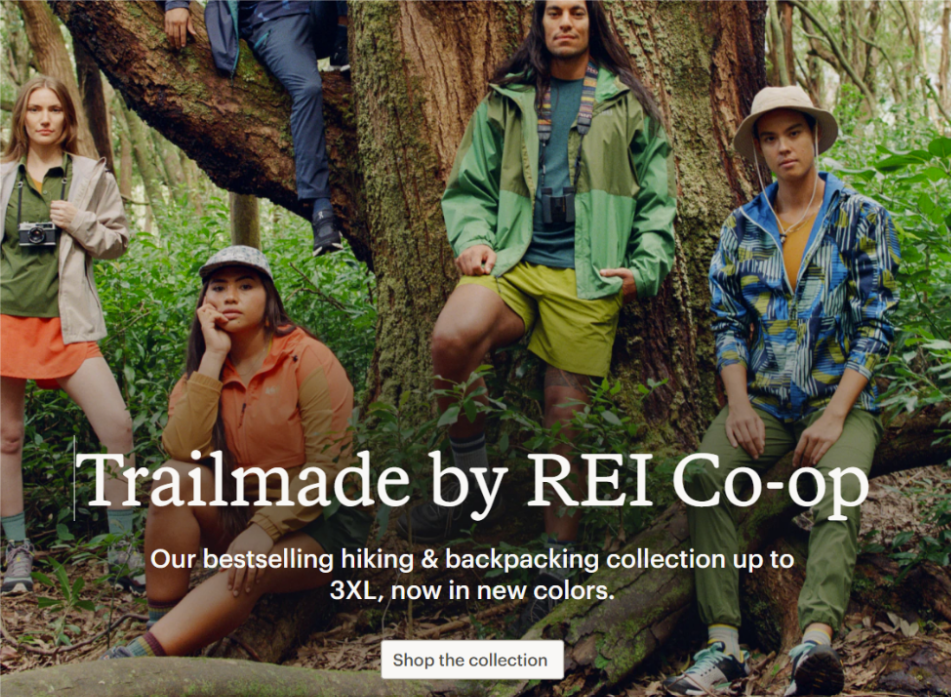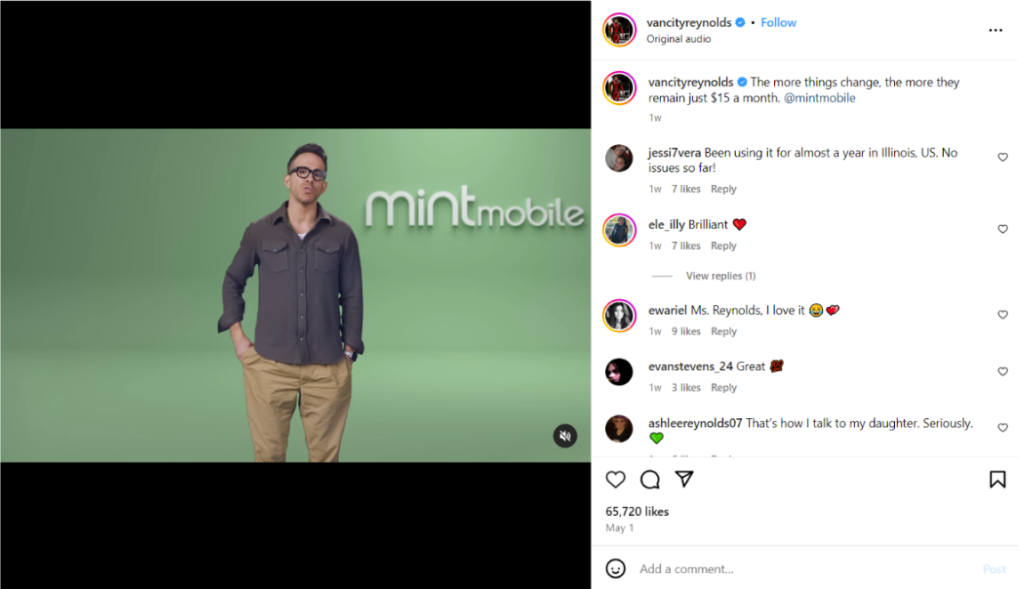Imagine this: you walk into a bustling marketplace, but instead of customers, your store is filled with tumbleweeds. That’s the reality for many small businesses struggling to be seen online. A recent study by GE Capital Retail Bank found that a whopping 81% of consumers research products online before making a purchase. If your small business isn’t actively engaging in ecommerce marketing, you’re missing out on a massive audience eager to discover what you have to offer.
But fear not! Effective ecommerce marketing is the key to unlocking the door to online success. We’re talking about proven strategies to help you reach the right audience, build brand recognition, and turn website visitors into raving fans. One particular marketing strategy (no spoilers, read on to find out more!) reportedly generates $42 for every dollar spent on it. That is a whopping ROI of 4200%!
In this post, we’ll unveil 4 powerful ecommerce marketing strategies for small businesses like yours. We’ll delve into social media marketing, email marketing, search engine optimisation (SEO), and two more under-the-radar tactics that pack a serious punch. So, get ready to ditch the tumbleweeds and transform your online store into a thriving marketplace!
Strategy 1: Social Media Marketing
In today’s digital age, social media platforms are no longer just places to connect with friends and family. They’ve become vibrant online marketplaces teeming with potential customers for your small business. Here’s why social media is a game-changer for a small business’s eCommerce marketing strategy:

- Unparalleled Reach: Social media boasts billions of active users, offering a massive pool of potential customers you can’t reach through traditional marketing channels. Imagine the exposure you could gain by showcasing your products to a targeted audience on Facebook, Instagram, or Pinterest.
- Building Brand Recognition: Social media allows you to cultivate your brand personality and establish a strong brand identity. You can share your story, values, and mission through engaging content, fostering trust and recognition with potential customers. For instance, a local bakery can use Instagram stories to showcase the baking process, humanize their brand, and connect with customers on a deeper level.
- Cost-Effective Marketing: Compared to traditional advertising, social media marketing offers a much more budget-friendly approach. Many platforms provide free business profiles and tools, allowing you to connect with your audience organically. Even paid advertising on social media can be highly targeted and cost-effective, maximizing your return on investment.
- Boosting Engagement and Sales: Social media is a two-way street. You can directly interact with potential customers, answer questions, address concerns, and build relationships. This fosters brand loyalty and encourages customer engagement, ultimately leading to more sales. A clever example is a clothing boutique that runs live Q&A sessions on Facebook with their stylists. This allows viewers to ask questions about outfit recommendations and driving sales directly through the platform.
Example: Beardbrand – Building a Community Through Social Media
Beardbrand, a company specializing in men’s grooming products for beards, is a prime example of how social media marketing can skyrocket a small business. They leveraged social media not just for product promotion, but for community building. This brand’s story is now iconic and is widely studied for cases on how to get EVERYTHING right with content marketing.
- Targeted Content: Beardbrand understood its audience. They created engaging content that resonated with bearded men, including beard care tutorials, lifestyle tips, and humorous skits.

- YouTube Powerhouse: Their YouTube channel, featuring high-quality beard grooming tutorials and entertaining content, amassed a massive following. This not only drove traffic to their website but also established them as thought leaders in the beard care industry.
- Social Media Synergy: Beardbrand didn’t confine themselves to one platform. They actively engaged their audience on Instagram, sharing visually appealing product photos and behind-the-scenes glimpses. This multi-platform approach allowed them to reach a wider audience and foster a strong sense of community around their brand.
The success of Beardbrand highlights the power of social media marketing for small businesses. By understanding your target audience, creating engaging content, and utilizing different platforms strategically, you can build a loyal following, establish brand recognition, and ultimately drive sales.
Strategy 2: Email Marketing
While social media thrives on instant connections, email marketing allows you to cultivate deeper relationships with your audience and nurture leads towards becoming loyal customers. Here’s why email marketing is a powerful tool for a small businesses’s ecommerce marketing strategy:
- Direct Communication Channel: Unlike social media posts that can get lost in the algorithm, email allows you to deliver targeted messages directly to your audience’s inbox. This personalized approach fosters a stronger connection and increases the likelihood of your message being seen.
- Segmentation and Personalization: Email marketing platforms allow you to segment your audience based on interests, purchase history, or demographics. This enables you to craft personalized email campaigns that resonate with each subscriber, leading to higher engagement and sales. For example, an independent bookstore can send targeted emails to customers who purchased historical fiction novels, offering them promotions on new releases in the genre.
- Nurturing Leads and Building Loyalty: Email marketing is a marathon, not a sprint. You can use email campaigns to nurture leads throughout the buying journey, providing valuable content, offering discounts, and reminding them about your brand.
- Measurable Results: The beauty of email marketing is its measurability. You can track key metrics like open rates, click-through rates, and conversion rates, allowing you to analyze the effectiveness of your campaigns and optimize them for better results.
Example: Drunk Elephant – Cultivating Customer Loyalty Through Personalized Care
Drunk Elephant, a skincare company known for its innovative products and unique branding, demonstrates the power of email marketing for fostering customer loyalty.
- Content Focused on Customer Needs: Drunk Elephant’s emails prioritize value over hard selling. They offer educational content about skincare routines, product recommendations based on skin type (through segmentation), and helpful tips for addressing common concerns.

- Interactive and Engaging Content: Drunk Elephant doesn’t just send static emails. They incorporate interactive quizzes, personalized product recommendations, and early access opportunities, keeping their subscribers engaged and excited about their brand.
- Building a Community: Drunk Elephant’s emails foster a sense of community. They encourage customer feedback, host virtual Q&A sessions with their founders, and celebrate customer milestones (e.g., birthdays). This approach builds loyalty and creates a dedicated following for the brand.
The success of Drunk Elephant’s eCommerce strategy highlights the importance of building relationships through email marketing.
Strategy 3: Search Engine Optimisation (SEO)
In today’s digital landscape, where most consumers begin their buying journey with a quick online search, Search Engine Optimization (SEO) is no longer an option, it’s a necessity. SEO is the practice of optimizing your website and its content to improve its ranking in search engine results pages (SERPs) for relevant keywords. Simply put, the better your website is optimized, the higher it appears in search results when people search for products or services related to your business. This increased visibility translates to more organic traffic, potentially leading to more leads and sales.
Getting Started with SEO: A Beginner’s Guide
Optimizing your website for search engines can seem complex, but here’s a breakdown of some key steps to get you started in incorporating SEO in your eCommerce marketing strategy:
- Keyword Research: Identify relevant keywords and phrases your target audience uses to search for products or services like yours. Tools like Google Keyword Planner can be helpful for this purpose.
- Content is King: Create high-quality, informative content that addresses your target audience’s needs and incorporates your chosen keywords naturally. This could include blog posts, product descriptions, informative guides, or even videos.
- Technical SEO: Ensure your website is mobile-friendly, has fast loading speeds, and includes clear meta descriptions and title tags optimized for relevant keywords.
- Backlinks: Backlinks are essentially links from other websites to yours. Having high-quality websites link back to yours can significantly improve your website’s authority and ranking in search results.
- Track and Analyze: Utilize website analytics tools to track your website’s traffic, identify which keywords are driving traffic, and see how your SEO efforts are performing. This allows you to refine your strategy for continuous improvement.
Example: REI – The Outdoor Gear Giant Conquers Search
REI, a leading outdoor gear and apparel retailer, exemplifies the power of SEO for e-commerce businesses.

- Keyword Targeting and Content Strategy: REI focuses on creating informative content targeting keywords relevant to outdoor activities and gear. Their website features comprehensive buying guides, detailed product descriptions, and helpful blog posts on camping tips or hiking trails. This content attracts organic traffic through relevant search queries.
- Technical SEO Optimization: Beyond content, REI understands the importance of technical SEO best practices. This technical foundation strengthens their website’s ranking potential.
- Local SEO Focus: REI recognizes the importance of local search for brick-and-mortar stores with online presence. They optimize their website listings and content for local search terms, making it easier for customers searching for outdoor gear in their area to discover their physical stores.
The success of REI highlights the importance of a comprehensive SEO strategy. By focusing on keyword research, informative content creation, and technical optimization, small businesses can leverage the power of organic search to attract qualified leads, drive sales, and establish a strong online presence.
Strategy 4: Influencer Marketing
In today’s social media-driven world, influencer marketing has become a powerful tool for reaching new audiences and promoting your brand. Influencers are social media personalities or industry experts who have built a dedicated following and established trust with their audience. By partnering with the right influencers, you can leverage their reach and credibility to generate excitement about your brand and drive sales.

- Targeted Audience Reach: Influencer marketing allows you to tap into a pre-existing, engaged audience that aligns with your target market. Partnering with influencers relevant to your niche ensures your brand message reaches the right people, maximizing the impact of your eCommerce marketing campaign.
- Enhanced Brand Credibility: Consumers are increasingly wary of traditional advertising. Partnering with a trusted influencer allows you to benefit from their established credibility and positive reputation. When an influencer promotes your product or service, it comes across as a genuine recommendation, fostering trust and brand loyalty.
- Increased Brand Awareness and Engagement: Influencer marketing campaigns can generate significant buzz and excitement around your brand. Collaborating with an influencer allows you to reach a wider audience and engage with their followers. This increases brand awareness and driving potential customers to your website or social media channels.
- Measurable Results and Return on Investment (ROI): Many influencer marketing platforms offer analytics tools that allow you to track the performance of your campaigns. This data can help you measure key metrics like engagement rates, website traffic, and conversion rates, allowing you to assess the effectiveness of your campaigns and optimize your influencer marketing strategy for better ROI.
Wrapping it all up
The digital marketing landscape may seem vast, but you don’t need a cannon to make a big impact. By incorporating these four powerful strategies – social media marketing, email marketing, SEO, and influencer marketing – you can craft a targeted and effective marketing arsenal for your small business.
The ultimate goal of marketing for an e-commerce business is to optimise profitability. However, one factor that is probably affecting your e-commerce business is transaction costs. Did you know, most companies in the USA pay between 3%-4.4% in transaction costs? That’s a massive chunk of change.
However, this can be avoided. By using a payment processor like PaySprint, you can avoid transaction fees completely. And there’s no catch! We’re using a subscription-based model, so you pay a nominal amount every month, and use our services for unlimited transactions, with ZERO transaction fees. With PaySprint, you can also accept payments offline AND through online gateways and links, and it requires no hardware investment. We truly believe that less is more. Make your business account today!
For more informative content on small businesses and e-commerce, click here! If you’re running an e-commerce store, we highly recommend you read these:
Embracing Tech: Must-Have Technology for Modern Retail
The Click-Worthy Guide: Building a Social Media Strategy that Converts for E-commerce

